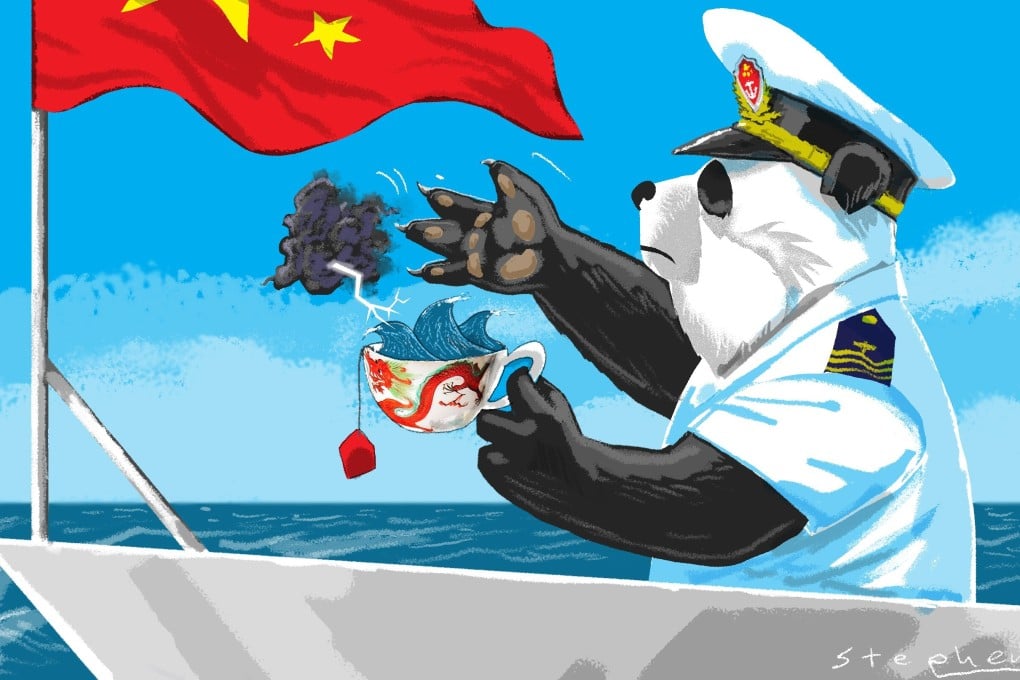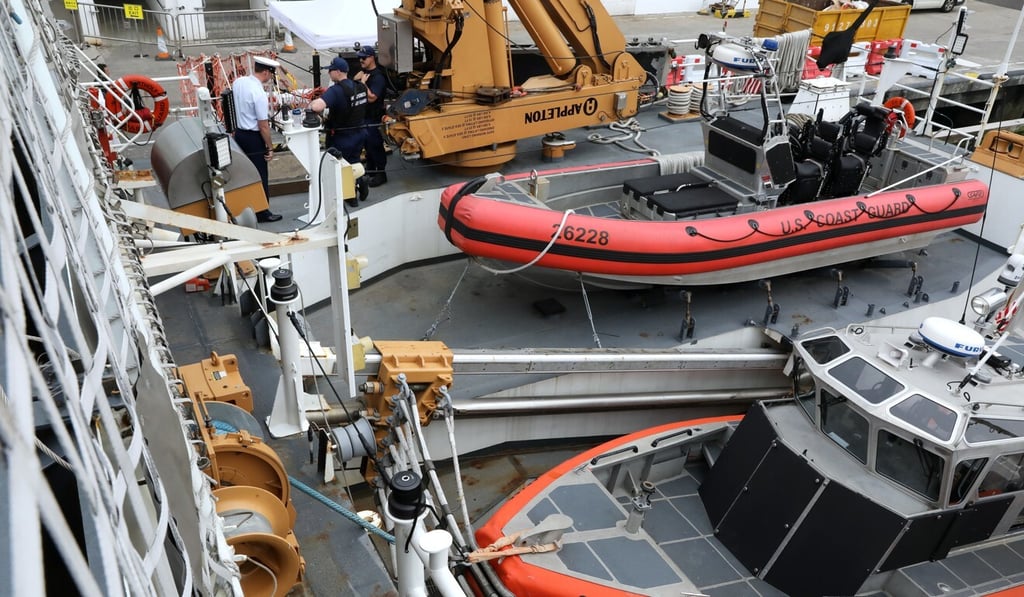Advertisement
Opinion | South China Sea: why stormy reactions to China’s new coastguard law are overblown
- The Chinese coastguard’s functions are similar to those of its counterparts in the region and the US, and provisions in the law on the use of force and weapons neither violate international law nor exceed current state practices
Reading Time:3 minutes
Why you can trust SCMP
27

China’s new coastguard law entered into force on February 1. Some media reports have raised concerns. Will the Chinese coastguard become a “second navy”? Under what conditions would the coastguard be used in maritime law enforcement? Are the provisions of the law on the use of police equipment and firearms consistent with international law? And, will the new law heighten tensions in the region?
Philippine Foreign Secretary Teodoro Locsin Jnr even said that the new law “is a verbal threat of war to any country that defies the law”.
Like maritime law enforcement agencies in many countries, the China Coast Guard is both an administrative law enforcement agency and an armed force. For example, the United States Coast Guard is both a branch of the US armed forces and the largest and most advanced maritime law enforcement force in the world.
Advertisement
It is under the jurisdiction of the Department of Homeland Security in peacetime, and may be transferred to the command of the US Navy under special circumstances by order of the president. Congress also has the authority to change the command of the coastguard in wartime through a transfer resolution.
In fact, in January 2019, the US Coast Guard sent the cutters Bertholf, Stratton and Mellon on rotating deployments in the Western Pacific, during which they were under the command of the US Navy’s seventh fleet and went through the South China Sea and Taiwan Strait alone or accompanied by naval vessels.
Advertisement

Advertisement
Select Voice
Select Speed
1.00x
